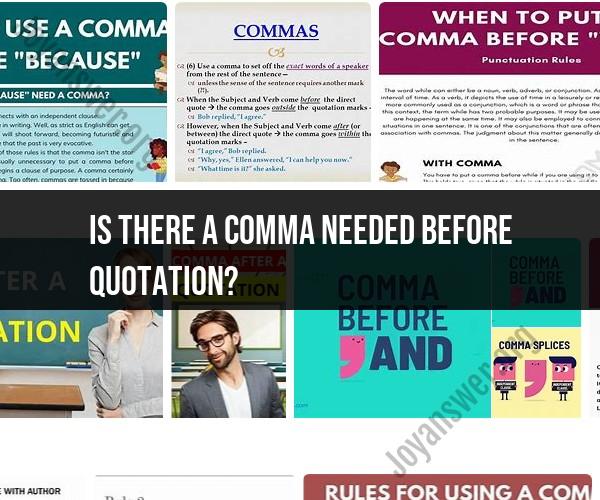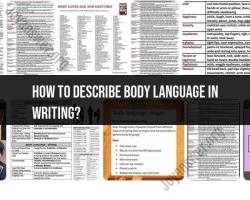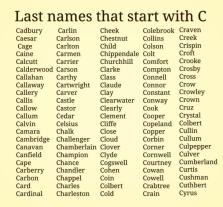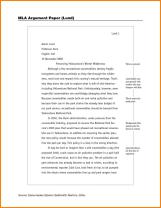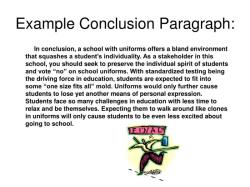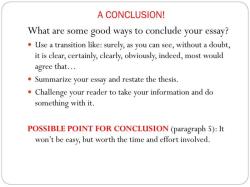Is there a comma needed before quotation?
Whether or not you need a comma before a quotation depends on the specific sentence structure and punctuation rules. In general, here are the common cases where a comma may or may not be needed before a quotation:
Comma before a Quotation: You typically use a comma before a quotation when the quotation is introduced by a verb like "said," "stated," "asked," or similar verbs. For example:
- She said, "I'll be there at 3 o'clock."
- He asked, "What's for dinner?"
In these cases, the comma separates the introductory phrase (the part before the quotation) from the quoted material.
No Comma before a Quotation: You generally do not use a comma before a quotation when the quotation is integrated into the sentence and is not introduced by a verb. For example:
- She replied "yes" when asked about her availability.
- The famous phrase "to be or not to be" comes from Shakespeare's Hamlet.
In these cases, there's no need for a comma because the quotation is seamlessly integrated into the sentence.
Comma after a Quotation: In some cases, you might use a comma after a quotation, especially when the quotation ends a sentence. For example:
- "I'll see you tomorrow," she said.
Remember that these rules can vary depending on the style guide you're following (e.g., APA, MLA, Chicago Manual of Style), so it's a good practice to consult the specific guidelines relevant to your writing project.
Comma Usage Before Quotation: When Is It Necessary?
In general, you should use a comma before an opening quotation mark to introduce quoted material or dialogue. This includes direct quotes from people, as well as quotes from books, articles, and other sources.
Here are some examples:
- Direct quote:
- My mother said, "Be home by 10:00 PM."
- Quote from a source:
- According to the article, "Climate change is one of the most pressing challenges facing our planet today."
- Dialogue:
- "Where are you going?" asked John.
- "I'm going to the store," replied Mary.
There are a few exceptions to this rule. You do not need to use a comma before an opening quotation mark if the quoted material is:
A short phrase that is embedded in a sentence and does not require a pause. For example:
- My brother's favorite color is "blue."
- The sign on the door said "No Admittance."
A question that is part of the same sentence as the introductory phrase. For example:
- My mother asked, "When will you be home?"
- The teacher said, "Can someone please tell me the answer?"
A quotation that is used as a noun or adjective and does not require a pause. For example:
- My favorite book is "To Kill a Mockingbird."
- The "No Smoking" sign was prominently displayed on the wall.
Punctuation Rules: When to Use a Comma Before Quotation
The punctuation rules for using a comma before a quotation are the same as the general rules for using commas. In other words, you should use a comma before a quotation to separate it from the rest of the sentence, if it is not already separated by other punctuation, such as a period or semicolon.
For example:
Correct:
- My mother said, "Be home by 10:00 PM."
- I went to the store, but I forgot to buy milk. "I'll have to go back tomorrow," I thought.
Incorrect:
- My mother said "Be home by 10:00 PM."
- I went to the store but I forgot to buy milk. "I'll have to go back tomorrow," I thought.
Quoting Correctly: Comma Placement in Writing
In American English, commas and periods should be placed inside the quotation marks, as long as they do not change the meaning of the quotation. For example:
- "I'm coming!" she shouted.
- The teacher said, "Please be quiet."
- The sign said, "No dogs allowed."
If the comma or period is part of the quotation itself, it should be placed outside the quotation marks. For example:
- "Yes," he said, "I'm going."
- The book said, "Once upon a time, there was a girl named Cinderella."
If you are quoting a source that uses a different style guide, such as MLA or APA, you should follow the punctuation rules of that style guide.
